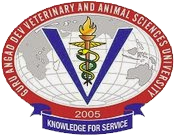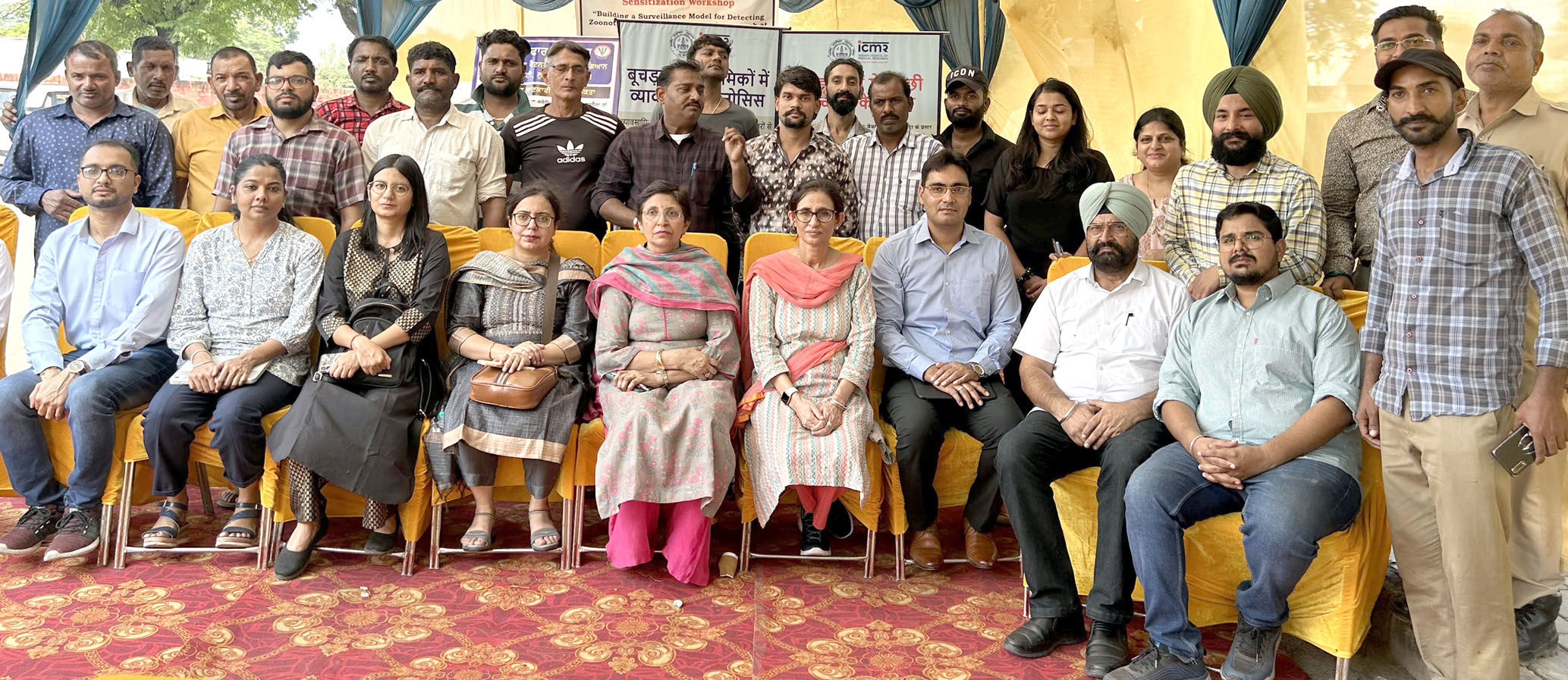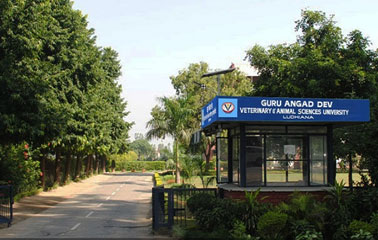

Health professionals from Guru Angad Dev Veterinary and Animal Sciences University, Ludhiana and Dayanand Medical College & Hospital (DMCH), Ludhiana, conducted a one day sensitization workshop at the Municipal Corporation Slaughter House, Chandigarh in collaboration with Municipal Corporation, Chandigarh. The event was organized under the aegis of Indian Council of Medical Research (ICMR) project on Building a Surveillance Model for Detecting Zoonotic Spillover in Increased Animal-Human Interaction Settings Using a One Health Approach." More than 30 slaughterhouse personnel attended this workshop and interacted with the experts. The objective of this workshop was to acknowledge slaughterhouse workers and associated personnel, aiming to raise awareness about occupational exposure to the zoonotic diseases (diseases transmissible from animals to human) and maintenance of good hygiene and sanitation practices at the working environment.
The workshop was presided by Dr. Inderdeep Kaur, Medical Officer (Health), Municipal Corporation, Chandigarh. Dr. Kaur emphasized the vital role of collaboration between municipal health authorities and researchers in addressing diseases transmissible from animals to humans and adoption of good hygiene practices. Dr. JS Bedi, Director, Centre for One Health, Vet Varsity and Dr. Deepali Kalambhe highlighted the importance of usage of protective gear while inspection of the animals as well as during slaughtering. Dr. Veenu Gupta, Professor, Microbiology at DMCH depicted the importance of hand hygiene to the participants. Dr. Harmanmeet Kaur from ICMR, New Delhi interacted with the slaughterhouse workers and briefed them about the project mandates with the aim to supply safe and wholesome meat to the consumer. Dr. Gaurav Lakhanpal, Veterinary Officer, slaughterhouse thanked the experts and participants ensuring the productive liaisons between all the stakeholders.
Dr. J.P.S. Gill, Vice-Chancellor, appreciated the efforts of Centre for One Health and informed that collaborative projects will be helpful in formulation of actionable recommendations for the slaughterhouse workers.
